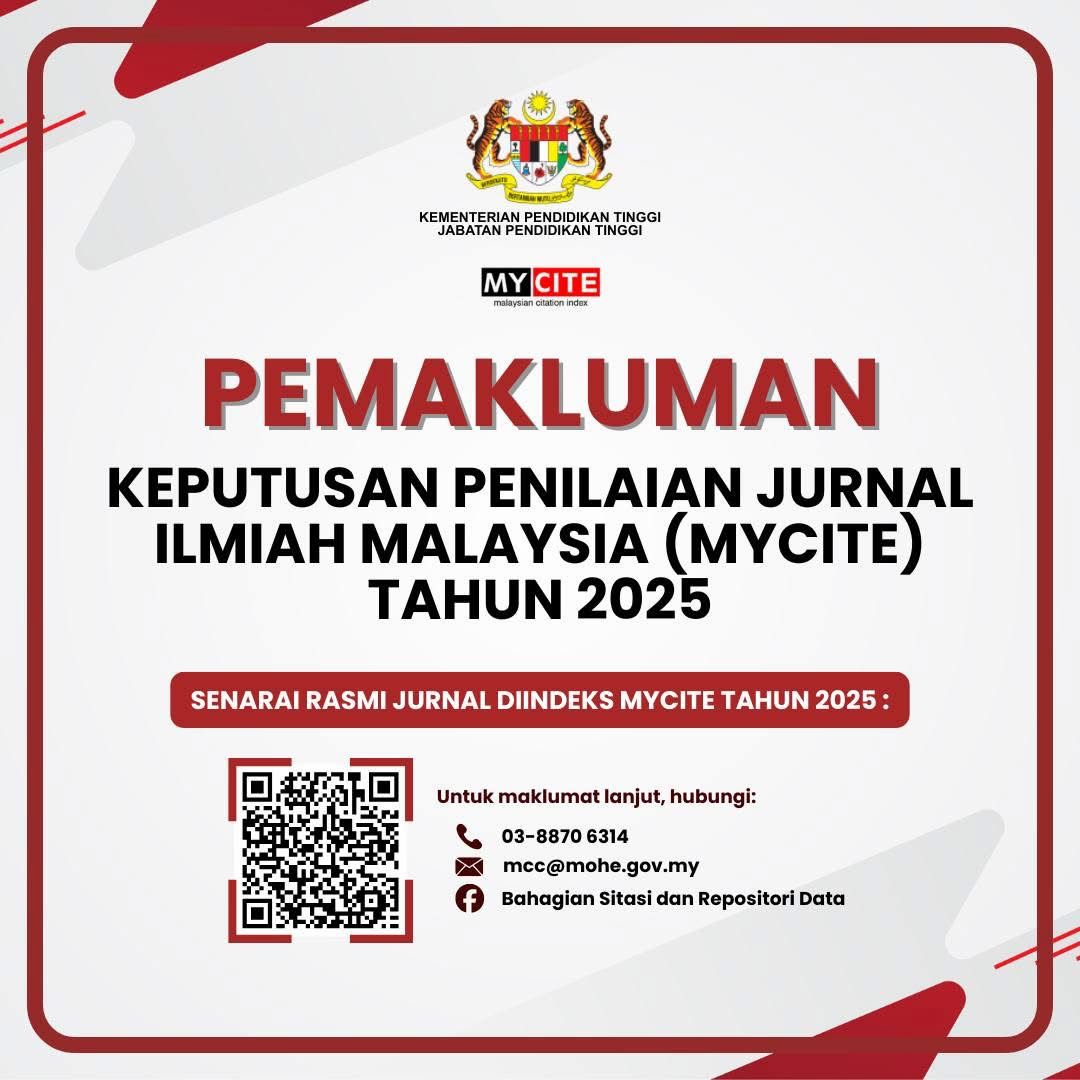The Effectiveness of TV Commercial Ads on Bullying
DOI:
https://doi.org/10.24191/idealogy.v3i2.81Keywords:
bulllying, tvc impact, tvc effectiveness, tvc effectiveness elementAbstract
Bullying activities are not only occurring among school students, but also among the university students and workers too. Bullying has become a major disciplinary problem now. In order to solve this problem, the government must assign certain agencies to conduct awareness programs on the bullying symptoms to help parents and communities to deal with the issue more effectively. The purpose of this study is to deliberate upon the impacts of TV Commercial advertising on bullying to people and to identify those critical impacts which lead to behavioral disorder to people. This paper will explain on how to create effective TV Commercial ads to attract the awareness of the people by using the elements and principles of TV Commercial such as characters, storyline and cinema graphics that help the audience know the moral value of the story. To reach the purpose, the research questions are focused on people’s opinion about the TV Commercial on bullying. Using this method might give the result to us about people opinion the impact of this TV Commercial ads.
Keywords: bullying, impact, TVC, effectiveness, elements.
References
Amanda Sheiman, Colling Media. Is TV Advertising Still Effective, Relevant, and Worth It?
Catalyst, (July 18th, 2016). Why TV is still the most effective advertising medium http://cnbccatalyst.com/why-moving-your-ad-spend-away-from-tv-can-cost-you- more-than-you-think/ (March 28, 2017). Is TV Advertising still a relevant medium http://www.robynhobson.com/tv-advertising-still-relevant/
Committee For Children (2017). Bullying Prevention in the Technology Age http://www.cfchildren.org/wp-content/uploads/policy-advocacy/bullying- prevention-brief.pdf
Dato Seri Rohani Abdul Karim, Utusan Online, (18 june 2017). Buli isu serius, perlu campur tangan kerajaan
http://www.utusan.com.my/rencana/utama/buli-isu-serius-perlu-campur-tangan-kerajaan-1.494456
https://collingmedia.com/television-advertising/tv-advertising-effective- relevant/
https://www.adweek.com/tv-video/why-tv-still-most-effective-advertising- medium-165247/
John D. R. (1999). ‘Consumer Socialization of children. A retrospective look at
Journal of consumer Research, 26, December. pp. 183-213.
twenty-five years of research’, Uppersaddle, New Jersey: Pearson Education Inc.
Wells, W., Burnett, J & Mortiarty, S. (2003) Advertising Principles and Practice 6 (6th ED)
Downloads
Published
Issue
Section
License
UiTM Press (the Publisher) has agreed to publish the undersigned author’s paper in Idealogy Journal. The agreement is contingent upon the fulfilment of a number of requirements listed below.
1. The undersigned author warrants that the paper entitled below is original, that it is not in any way libellous or unlawful in Malaysia, that it does not infringe any copyright or other proprietary right. The undersigned hereby represents and warrants that he/she is the author of the paper, except for material that is clearly identified as to its original source, with permission notices from the copyright owners where required. The undersigned represents that he/she has the power and authority to sign and execute this agreement.
2. The undersigned author warrants that the paper entitled below has not been published elsewhere, and also it will not be submitted anywhere else for publication prior to acceptance/rejection by this Journal.
3. By submitting the paper entitled below, the undersigned author agrees to transfer the rights to publish and distribute the paper in an international e-journal (entitled above) to Publisher.
4. The undersigned author agrees to make a reasonable effort to conform to Publisher's submission guidelines and to liaise with the editor to ensure that the requirements of these guidelines are met to a reasonable degree.
5. The corresponding author signs for and accepts responsibility for releasing this material on behalf of any and all coauthors. This agreement is to be signed by at least one of the authors who has obtained the assent of the co-author(s) where applicable. After submission of this agreement signed by the corresponding author, changes of authorship or in the order of the authors listed will not be accepted.




